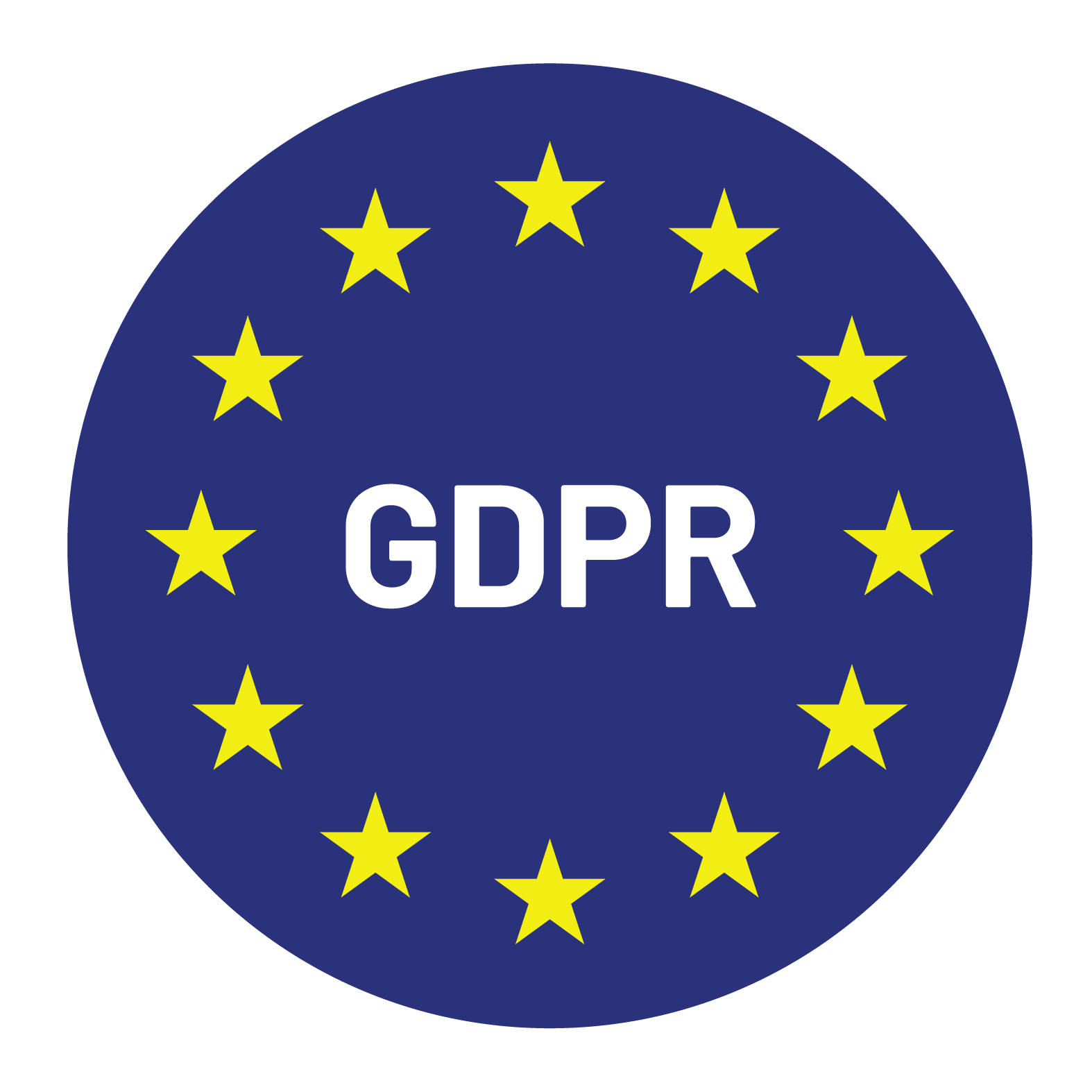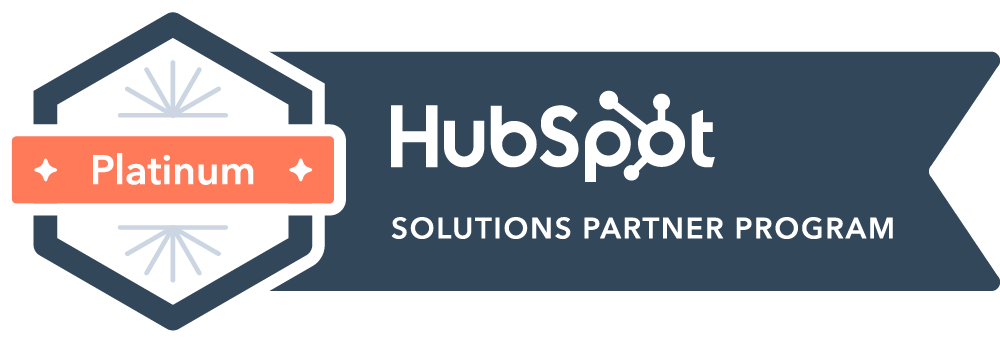

Content Writer for Whistle with multidisciplinary experience spanning over a decade.
When it comes to scaling a SaaS or B2B company, your pipeline is only as strong as the leads fueling it. That’s why so many businesses turn to B2B lead providers; specialized companies that deliver qualified prospects so your sales team can focus on closing deals.
But not all providers are created equal. Choosing the wrong partner can mean wasted budget, inflated customer acquisition costs (CAC), and frustrated sales reps chasing unqualified leads.
To avoid these pitfalls, here are 12 critical questions you should ask before signing with any B2B lead generation company.
Every B2B company has a unique audience, and industry expertise matters more than most buyers realize. A provider that delivers quality leads in SaaS cybersecurity may not perform well in industrial manufacturing due to different buying behaviors, decision-making processes, and communication preferences.
A provider with proven ICP alignment saves you months of trial and error while significantly improving conversion rates from the start.
Lead quality is the single most important factor in choosing a provider. Quantity means nothing if conversion rates suffer, and too many companies get wooed by impressive lead volumes that ultimately waste sales resources.
Red flag: Providers that sell “thousands of leads” without explaining conversion quality metrics are essentially selling you contact lists, not qualified opportunities.
Data accuracy makes or breaks a campaign. Outdated or purchased lists often lead to bounced emails, wasted calls, and damage to your sender reputation. In today’s privacy-conscious environment, data sourcing practices also carry legal and reputational risks.
Providers that invest in clean, compliant, and verified data are far more reliable than list resellers who prioritize volume over accuracy.
Any provider worth your budget should have performance benchmarks based on real client results, not industry averages or theoretical projections.
This data helps you compare providers on results, not just price, and sets realistic expectations for your internal stakeholders about campaign performance and ROI timelines.
Modern B2B buyers don’t respond to a single-channel approach. Research shows that multi-channel campaigns generate 2-3x higher response rates than single-channel efforts. A good partner should provide comprehensive B2B lead generation services across multiple touchpoints.
Red flag: Providers that rely only on mass email campaigns are using outdated tactics that increasingly fail in today’s sophisticated B2B environment.
Generic outreach doesn’t convert in 2025. With buyers receiving dozens of sales messages daily, personalization is essential for breaking through the noise.
The best B2B lead providers go beyond “first-name” personalization to deliver messages that demonstrate a genuine understanding of the prospect’s business situation and immediate needs.
A tech-enabled provider has a significant competitive advantage in today’s data-driven sales environment.
Providers with strong RevOps alignment maximize visibility and reporting for your sales team while ensuring consistent data quality across your entire tech stack.
GDPR, CCPA, and regional privacy laws make compliance non-negotiable. Data privacy violations can result in significant fines, legal complications, and lasting damage to your brand reputation.
Compliance issues can expose your company to fines and reputational damage. Choose providers who treat it seriously and can demonstrate their commitment to ethical data practices.
You should have full visibility into campaigns and results, not just summary reports that obscure actual performance metrics.
Red flag: Providers who only share vanity metrics like “emails sent” without real performance insights are likely trying to hide poor conversion rates or other performance issues.
Pricing structures vary widely among B2B lead generation companies, and the cheapest option is rarely the most cost-effective in the long run.
Compare cost per opportunity (CPO) rather than cost per lead to understand real ROI. The provider charging twice as much per lead might deliver 5x better conversion rates, making them significantly more profitable.
Long-term contracts can be risky when you’re still evaluating a provider’s ability to deliver results for your specific business.
The best B2B lead providers offer flexibility and prove results before locking clients into long contracts. They understand that successful partnerships are built on performance, not contractual obligations.
Finally, proof matters. Ask for case studies or direct references from similar clients who can speak to their experience working with the provider.
Case studies should include specific metrics, timelines, and challenges overcome, not just generic success statements.
Chasing low-cost providers who overpromise on volume often results in poor-quality leads that waste sales resources and damage your brand reputation.
Ignoring ICP alignment in favor of “big databases” leads to misaligned prospects who will never convert, regardless of outreach quality.
Failing to evaluate transparency and reporting standards leaves you blind to actual campaign performance and unable to optimize for better results.
Overlooking data compliance checks can expose your company to legal risks and regulatory penalties that far exceed any potential cost savings.
The right B2B lead provider doesn’t just deliver names; they deliver pipeline, insights, and sustainable growth. They become an extension of your sales and marketing team, providing strategic guidance and adapting their approach based on what works best for your specific business.
By asking these 12 critical questions, you’ll separate the best B2B lead providers from the ones that waste time and budget. Remember, the goal isn’t just to fill your pipeline with contacts; it’s to generate qualified opportunities that your sales team can efficiently convert into revenue.
The investment in finding the right partner pays dividends for years through improved conversion rates, shorter sales cycles, and sustainable pipeline growth that scales with your business.
Book a consultation with Whistle’s SDR experts and see how we’ve helped 300+ startups generate over $100M in opportunities.


© Copyright – Whistle 2023